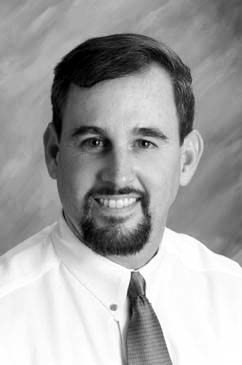Tuesday, January 11, 2005
NRO, PACOM, and Rikusentai
Much goings on, which is why my posting is not as frequent as it should be:
Friday, my latest piece in NATIONAL REVIEW ONLINE began making the rounds: The story, Angels with Rotary Wings (special thanks to my friend, U.S. Navy Captain Louis “Lou” Colbus), focused on the unmatched rescue and relief efforts of the Navy in the wake of the tsunami disaster in Indonesia.
Within a few hours, the piece was republished by the U.S. PACIFIC COMMAND... more on that later.
Also, I want to bring everyone's attention to an interesting interview with the editor of NRO, Kathryn Jean Lopez (K-Lo, as she's affectionately referred to by some).
COLUMBIA JOURNALISM REVIEW asked Kathryn questions about best-and-worst reporters in the country, “liberal bias” in the media, and other things. See it here.
And finally, my 82-year-old Uncle Mac, Lt. Col. Heath L. “Mac” McMeans (USMCR, ret.), sent me one of his wonderful sea stories from the end of World War II.
Here 'tis, in Mac's own words:
by Lt. Col. Heath L. “Mac” McMeans
WE ARRIVED IN SEABO, JAPAN, as I recall - on or about Sept 21, 1945 - and anchored in the harbor late in the afternoon aboard an LST and did not land until daylight the next day.
There was a large seaplane ramp on the northeastern side of the harbor where all of the LST’s landed. I was one of the first ones to land and we formed a convoy of six-bys loaded with radio gear and started over the mountain. There was no road straight into Seabo.
I was leading the convoy, and with very scanty maps, took the only road leading out of the seaplane base, started to try to find Seabo.
We got to the top of the mountain and came to a fork in the road and did not know which way to go. There was a village and I spotted an old papa san and stopped to ask him the way.
By this time, there were many people gathered around the convoy. As best I could, I asked him the way to Seabo, and he pointed the way.
He then asked, if we were the U.S. Army.
I replied that we were U.S. Marines. The old man let out a scream you could hear all over the village and hollered, “Rikusentai!”
In two minutes there was not a sole in sight, and everybody [in the distance] was heard screaming the same thing, “Rikusentai!”
Did not know the meaning of this until later, talking to an interpreter and he explained: The Japanese people had been told all through the war of what low-life men U.S. Marines were. We were criminals taken out of prison. We were rapists and murderers and all sorts of the lowest kind of humans.
They, the Japanese, were just running to safety away from us.
Well!
